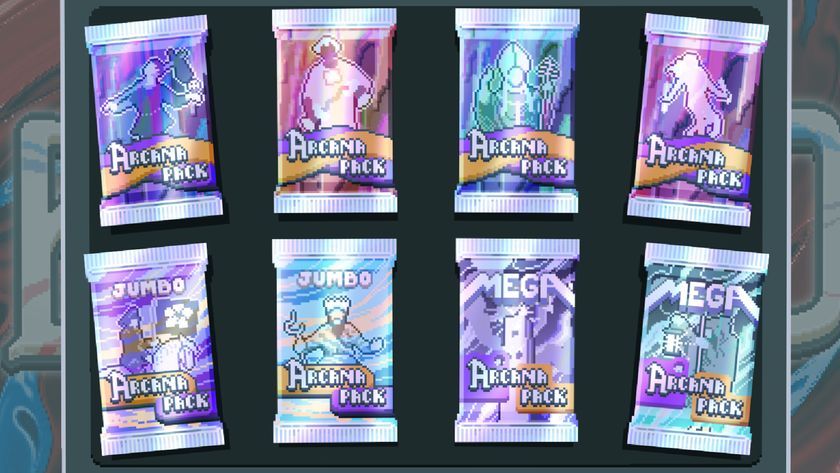Killer Frequency carves up a stressful slice of interactive horror fiction
Indie Spotlight | Team17’s radio nightmare hits slay on a neon playlist of scary movie delights
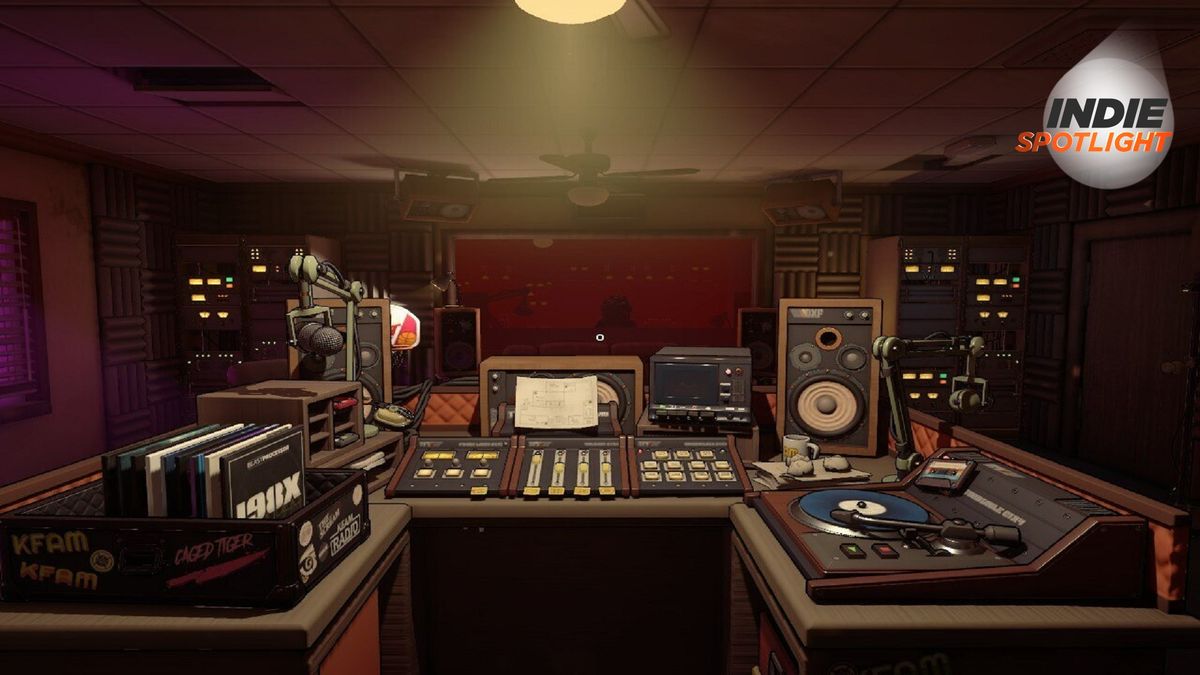
When it comes to radio broadcasting, there is one golden rule. Keep talking. At all costs, you must avoid the dreaded so-called ‘dead air’. But, when it comes to Team17’s 80s-set horror puzzler, the term can very swiftly become dangerously literal. Killer Frequency is a neon-lit love letter to the slasher genre. Just prepare to be terrified the next time someone walks past you whistling. Tune your radio to KFAM 189.16 and I’ll explain.
Somehow the name of the town of Gallow’s Creek didn’t put off ‘80s radio host Forrest Nash. We take control as he presents the overnight ‘The Scream’ shift on the local station. It’s almost cosily satisfying as we place records in first person, play and eject cassette tapes like it’s 1994, and chat to late night producer Peggy. That is, until the local 911 operator calls in and asks us to take over the line of the town’s emergency services because the sheriff has been stabbed by a masked killer. A masked killer who whistles to announce his arrival…
Suddenly, we’re at the frontline as the Gallow’s Creek falls prey to a legendary slasher villain. We’ve gone from taking occasional sleepy shout outs to calls from soon to be victims and are tasked with attempting to save them from being sliced and diced. And how do we do that? Well, while most of Killer Frequency is based at your mixing desk as you carefully choose conversation responses to callers, you can also explore the radio station offices where solutions to each murderous problem can be found. Want to help a screaming jogger jump start a car without keys as the killer lurks? Good thing there’s a show for petrolheads on the station and there might be something helpful around the presenter’s desk.
Scream too
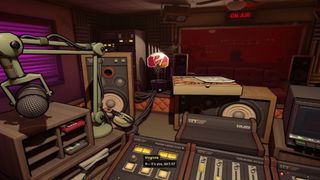
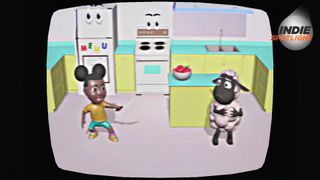
I played viral horror game Amanda the Adventurer and I want my full nights of sleep back
This feels gloriously like an interactive horror podcast. Killer Frequency is at its most terrifying when you press the answer call button on the desk, not to an oddly Scottish pizza parlour owner promoting his restaurant, but to hear laboured desperate breathing and a whisper of “he’s here”. The Whistling Man has found another victim and it’s down to us to try and help them survive. And that immediate sense of dread and terror? Yes, the entertaining vocal performances from everyone involved are a vital element but so is your own horror movie knowledge.
You’ve seen this. At the start of every slasher movie, you’ve watched that unsuspecting innocent first victim. The one who has to die for the sake of the story. And suddenly, Killer Frequency puts you on the phone to them. You’re their only hope. If only you didn’t know how this could play out. At one point someone literally asks you not to let them die. Oh god, has he upgraded to a chainsaw…?
And the fact that this is all happening in your head in audio form as you hunt down puzzle clues, carefully analysing sheets of paper at a radio mixing desk with that ON AIR sign ominously glowing, feels like horror genius. The immediacy and intimacy of radio as a medium is effortlessly transformed into terror.
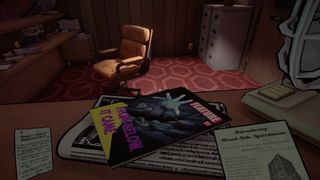
Killer Frequency’s puzzling too is devilishly inventive. At one point a newspaper editor hides in his office as the killer methodically searches room by room, meaning that we’re left with staring at a helpfully faxed map trying to work out where to send the panicked man next. Every call has a solution somewhere in the radio station, and while you can just guess the responses - who are you, Norman Bates? - the chances of your caller seeing daylight the next day will improve dramatically if you go looking.
Sign up to the 12DOVE Newsletter
Weekly digests, tales from the communities you love, and more
And it’s not all endless stress. There’s a carefully pitched narrative flow here. It’s understood that we’ll need time to breathe and the conversations between Forrest and Peggy the producer - who sits in silhouette form on the other side of the studio glass - are always a pleasing source of gentle dark comedy. And switching out records, which was once so cosily satisfying at the start of the game, remains a reassuring activity. Take call… save a life from a masked maniac… spin some sweet ‘80s synth to calm down. It’s an exceptionally satisfying loop. Even if you did feel like you were about to choke on your own heart five minutes ago.
Killer Frequency knows its source material as well as you do. This is a game in love with horror movies, and slasher movies in particular. Nearly every street name is a director or famous scary locale. But importantly, this isn’t just full of references and nods. It makes use of key tropes too. And, unlike the many asymmetrical multiplayer games dedicated to the slasher genre, where only emergent moments can deliver those perfect horror movie feelings, this tight narrative can constantly hit you with slasher movie intensity.
And that’s because, as every good Shape or Ghostface knows, the killer always gets back up. Even if you feel like you’ve trapped them or churned them through a grinder, the killer is always back for one good scare. Good luck.
Killer Frequency is out now on PC, Xbox One, Xbox Series X/S, PS4, PS5, and Nintendo Switch. For more recommendations, be sure to check out our Indie Spotlight series, or head on over to our upcoming indie games list for a roundup of future releases.
Louise Blain is a journalist and broadcaster specialising in gaming, technology, and entertainment. She is the presenter of BBC Radio 3’s monthly Sound of Gaming show and has a weekly consumer tech slot on BBC Radio Scotland. She can also be found on BBC Radio 4, BBC Five Live, Netflix UK's YouTube Channel, and on The Evolution of Horror podcast. As well as her work on GamesRadar, Louise writes for NME, T3, and TechRadar. When she’s not working, you can probably find her watching horror movies or playing an Assassin’s Creed game and getting distracted by Photo Mode.
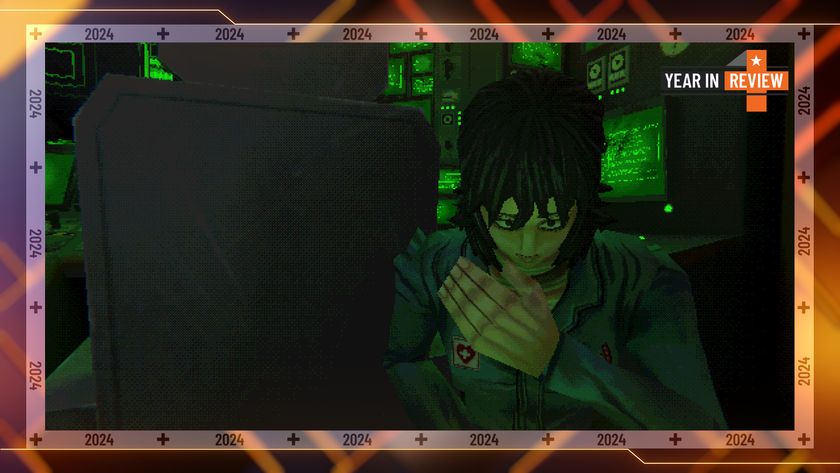
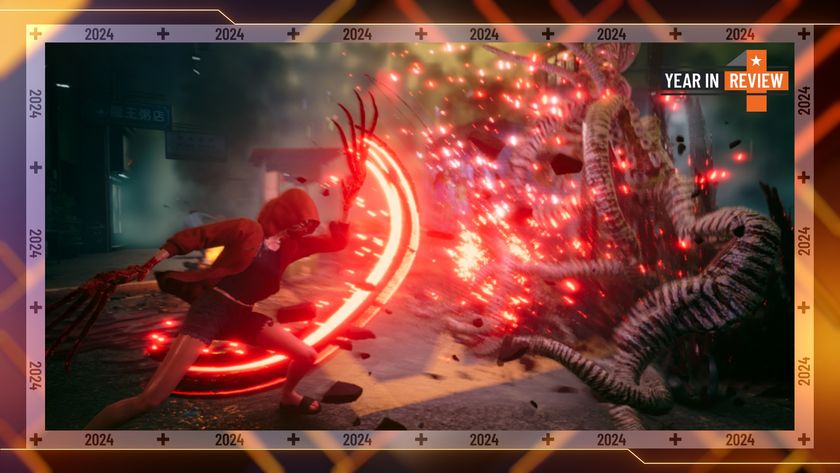
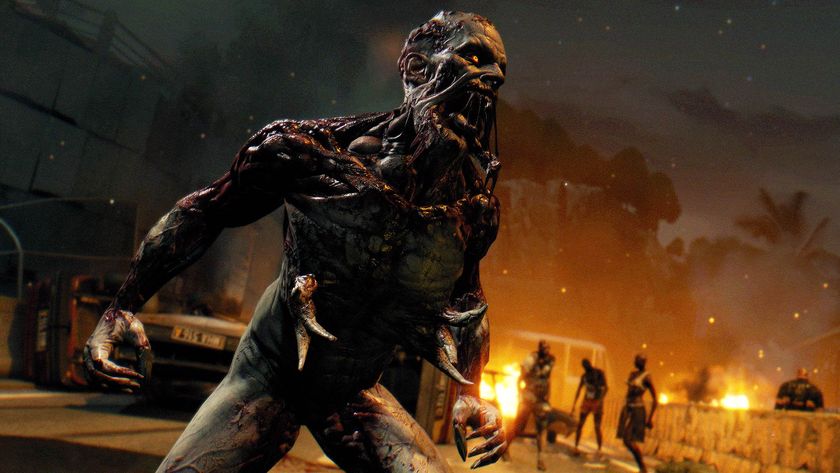
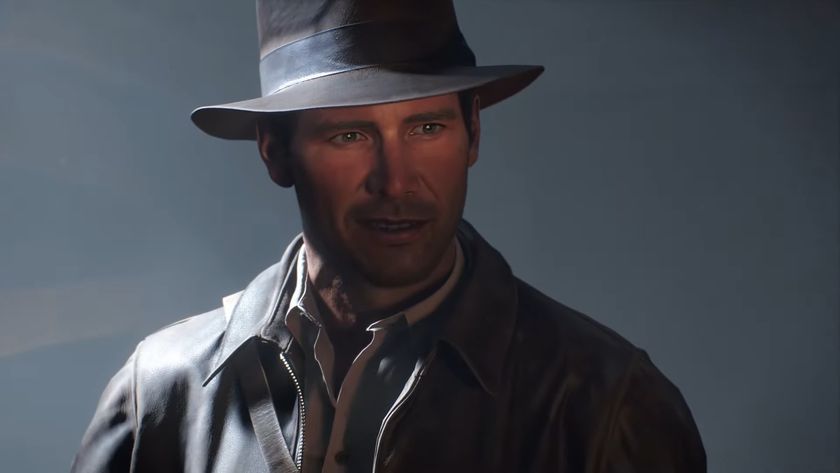
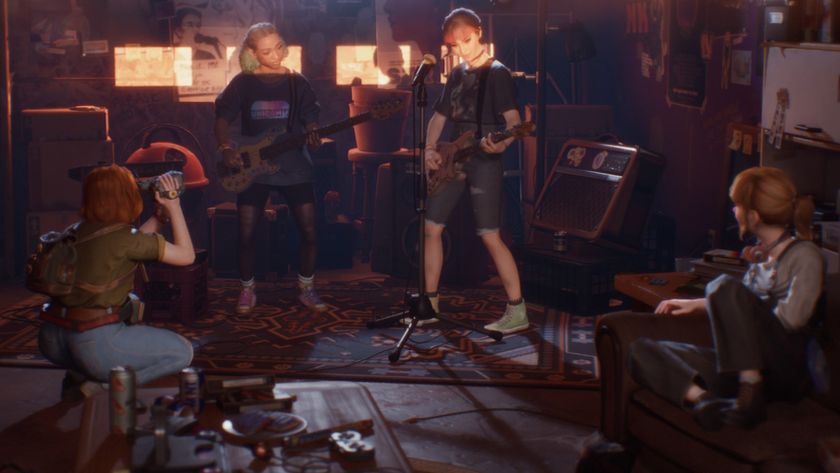
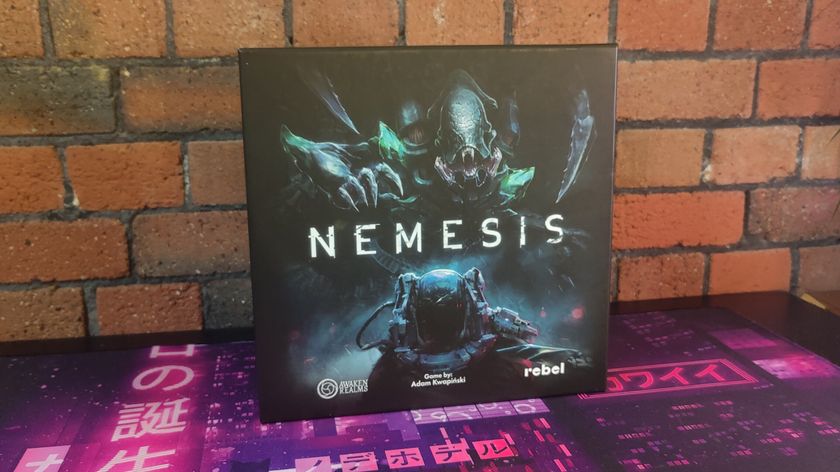
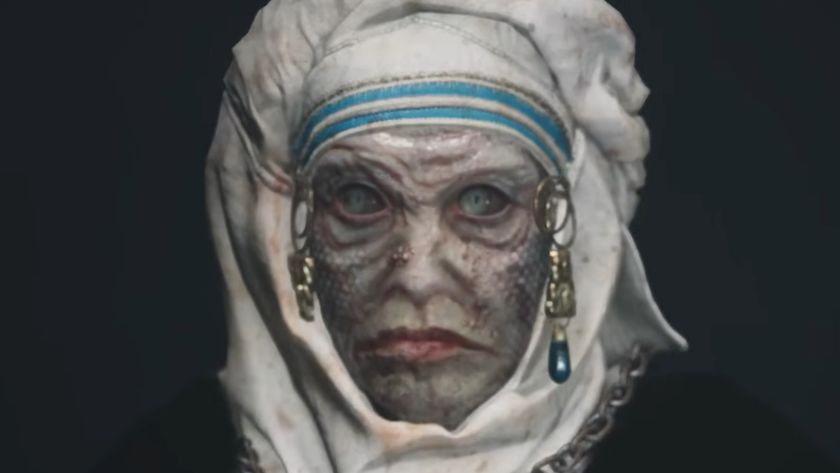
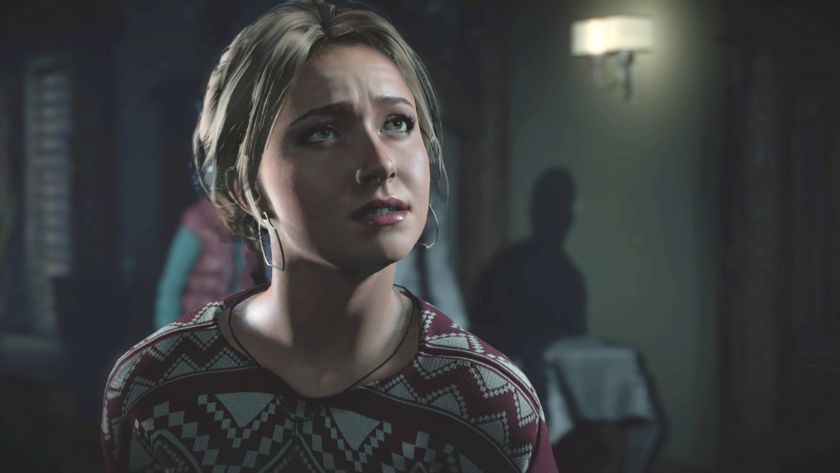
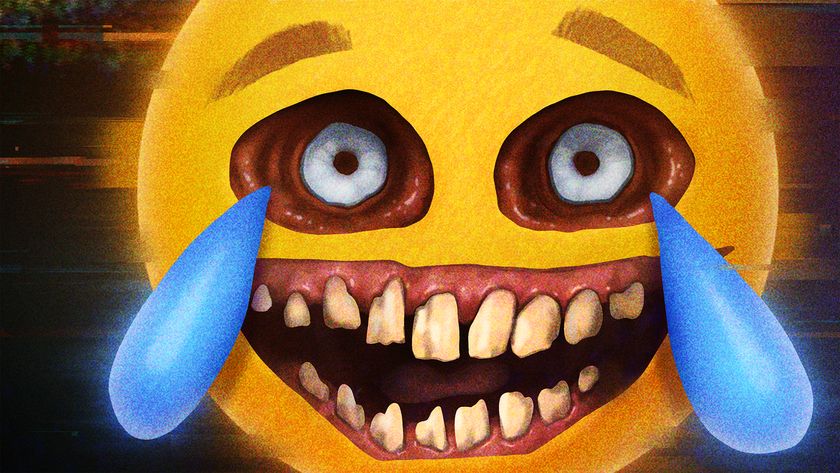
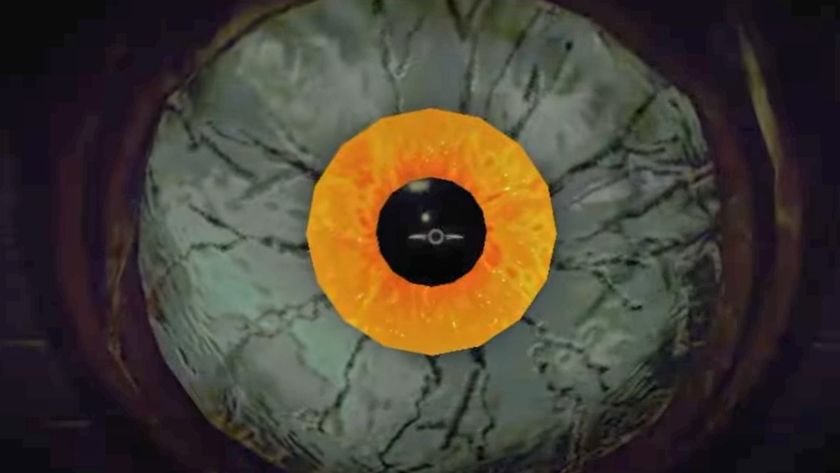
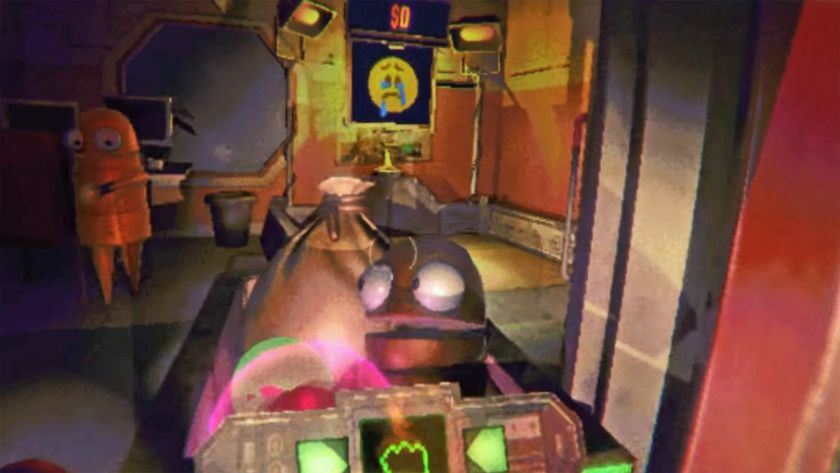
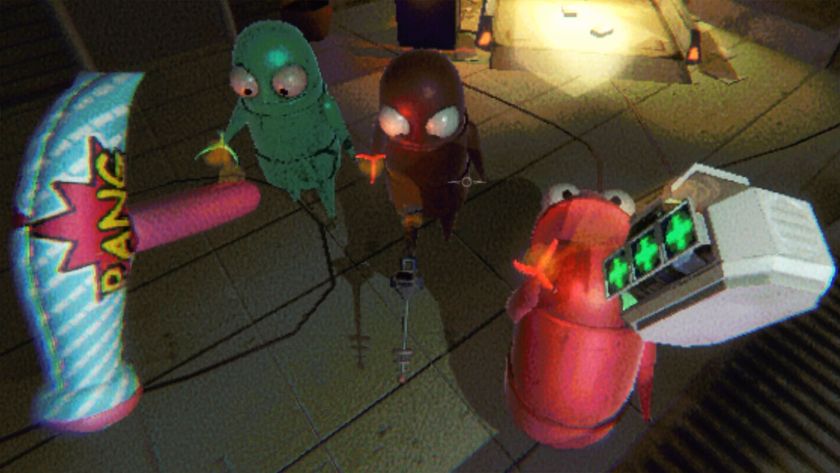



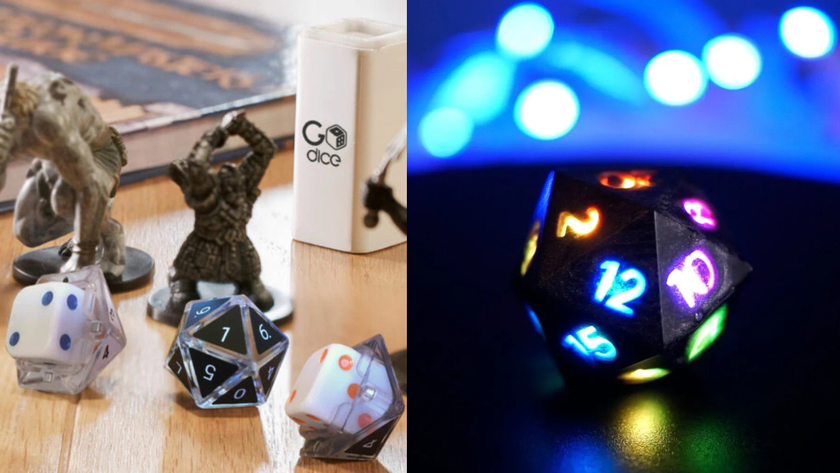
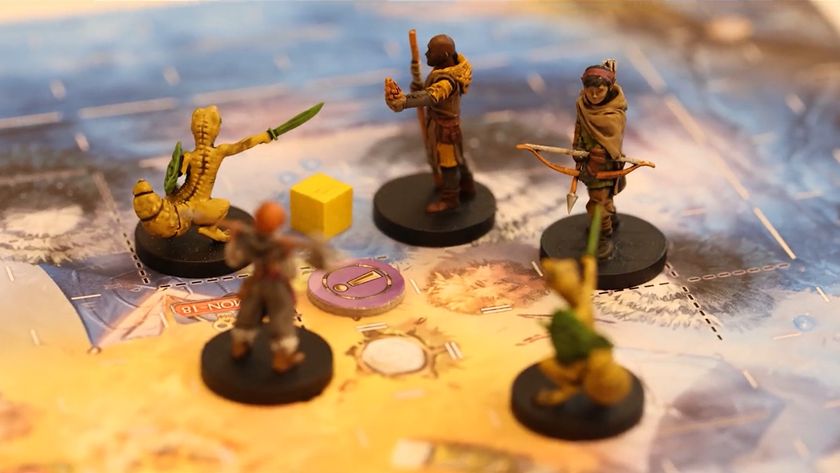


After a years-long battle with its publisher, Ukraine-based studio reveals first gameplay footage of survival horror sequel The Sinking City 2, launches Kickstarter, and hits $100,000 goal in hours

Until Dawn Remake developer “effectively closed” following an unannounced wave of layoffs hitting the company

